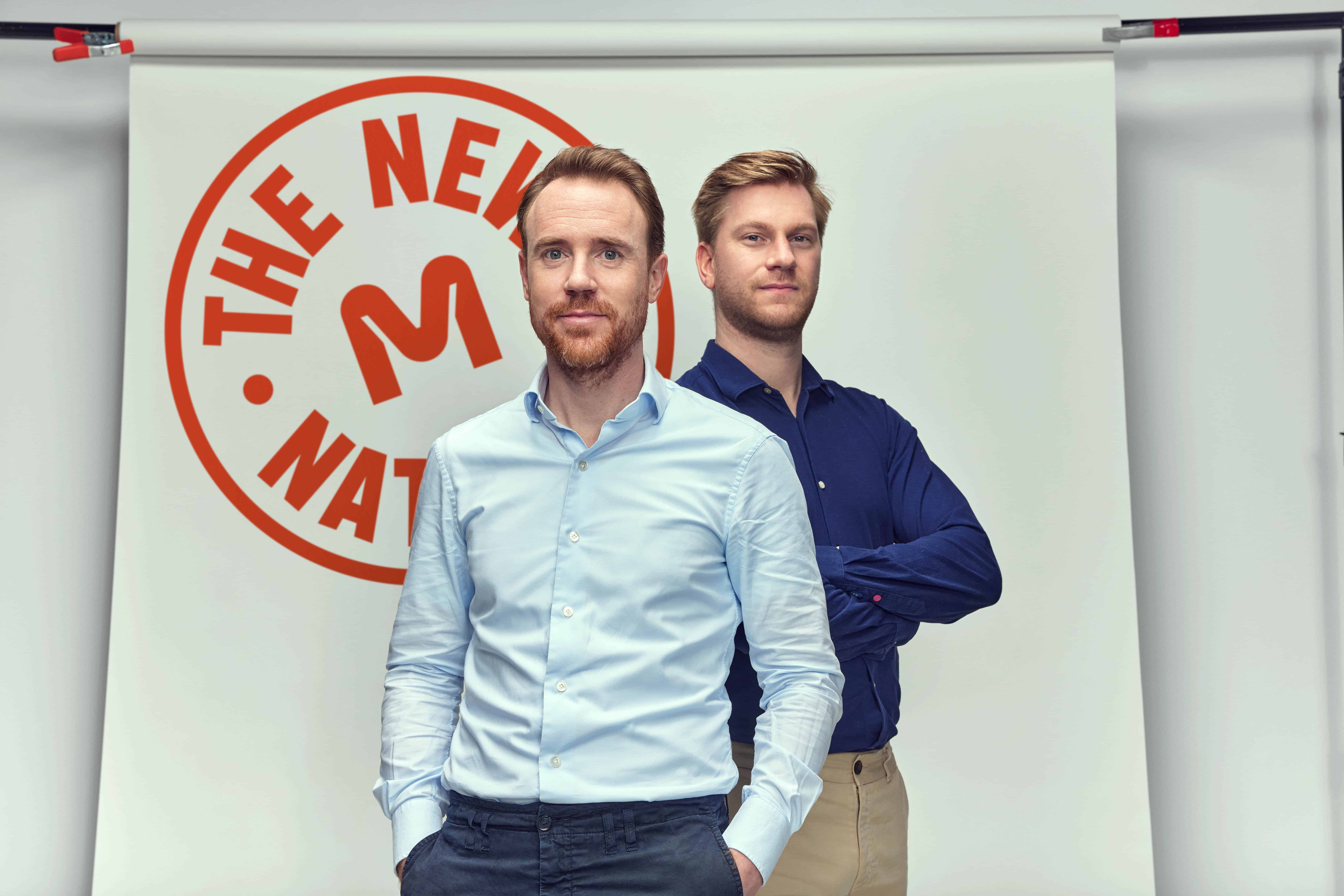Biotech Manufacturers Gain Environmental Impact Insights with New LCA Tool
New Wave Biotech has launched a new Life Cycle Assessment (LCA) tool tailored to the biotechnology sector, designed to provide visibility into the environmental impact of manufacturing processes. This new tool is integrated directly into the company’s AI-driven process simulation platform, allowing biomanufacturers to assess multiple environmental factors such as climate change, energy consumption, and resource usage while also optimizing for performance and cost. The LCA tool is particularly relevant …
Meatable Participates in London Climate Action Week to Discuss Scalable, Sustainable Meat Alternatives
Meatable, a leader in cultivated meat technology, has announced its involvement in the 2025 edition of London Climate Action Week. As Europe’s largest climate festival, the event attracts over 45,000 attendees annually and features a broad array of participants committed to climate solutions. This is the seventh year of the festival, bringing together a range of stakeholders, including investors, businesses, and innovators focused on environmental impact. Cultivated meat as a …
Report: How Cellular Agriculture Could Make the Finnish Food System More Sustainable & Profitable
A new report by VTT Technical Research Center of Finland, Natural Resources Institute Finland, and the University of Helsinki has investigated the state of cellular agriculture in the country. At the request of the Ministry of Agriculture & Forestry and Business Finland, the authors list eight recommendations for policymakers, which include making investments in production-scale infrastructures and expediting and streamlining the EU’s regulatory process. According to the report, cellular agriculture …
Report: Advanced Biotech Could Reduce Global Emissions by 5% and Create $1 Trillion in Annual Economic Value
A new report by the Advanced Biotech for Sustainability (AB4S) coalition has found that advanced biotechnology has the potential to reduce global emissions by 5% and generate $1 trillion in annual economic value. Called Harnessing the economic and environmental benefits of advanced biotechnology, the report is co-authored by AB4S founding members Arsenale Bioyards, Basecamp Research, Cradle, Darwin International, EIT Food, Evonik, Good Food Institute, Invert Bio, Lallemand, L’Oréal, and ShakeUp …
Study: Enifer’s PEKILO®Pet Mycoprotein Ingredient is Up to Seven Times More Carbon Efficient Than Soy Protein Concentrate
A new life cycle assessment by Finnish biotech company Enifer has found that the carbon footprint of the company’s proprietary mycoprotein ingredient, PEKILO®Pet, is significantly lower than that of many common pet food ingredients. The cradle-to-gate total carbon footprint of PEKILO®Pet, covering fossil, biogenic, land use, land use change, and forestry emissions, was found to be 0.93 kgCO₂e per kilogram of product. In contrast, soy protein concentrate can produce up …
Meatable Gathers Policymakers and Investors to Discuss the Future of Sustainable Meat
Cultivated meat company Meatable hosted a cross-industry summit at its headquarters, bringing together policymakers, investors, and meat industry leaders to explore sustainable solutions for global food production. With the world’s population expected to reach 10 billion by 2050, discussions centered on the role of technological innovation in producing meat with minimal environmental impact. The event, themed “Standing on the Shoulders of Giants: Learning from the Great Inventors of Our Time,” …
WACKER BIOSOLUTIONS: “We’re Making Cultivated Meat Cost-Effective and Scalable, Bringing It Closer to Supermarket Shelves”
WACKER BIOSOLUTIONS is playing a pivotal role in advancing cultivated meat and seafood production through innovative biotech solutions. Leading this effort is Iris Maria Dahlem, Innovation Manager and head of the Cultivated Meat project, which focuses on developing key components for the industry. With a background in nutritional science and extensive experience in the food sector, Dahlem has been working for the past two years on solutions to address challenges …
New GFI Report Reveals Current Trends in Cultivated Meat Production & Scaling
The Good Food Institute has released a new report, Trends in Cultivated Meat Scale-Up and Bioprocessing, that provides valuable insights into the production of cultivated meat. The report summarizes the findings of a comprehensive 2023 survey of 30 cultivated meat companies and equipment providers, which was conducted to uncover trends in equipment and material usage, production facilities, food safety, and scaling strategies. The following are the key findings of GFI’s survey. The complete report …
TIME’s Top GreenTech Companies of 2024 Recognizes The Better Meat Co., Rebellyous Foods, Prime Roots & More
TIME Magazine together with Statista, a leading statistics portal, recently unveiled America’s Top GreenTech Companies in 2024, recognizing 250 firms leading the charge in sustainability and environmental stewardship. Among these, FoodTech companies have a notable presence, with a total of 19 making the list, showcasing their pivotal role in advancing green technologies within the food industry. This high profile list is the result of an in-depth analysis aimed at identifying …
3D Printing with Used Coffee Grounds to Reduce Waste & Help Eliminate Plastic
In a novel initiative led by Michael Rivera, an Assistant Professor at the ATLAS Institute and the Department of Computer Science at the University of Colorado Boulder, researchers are working on leveraging coffee grounds to reduce waste in 3D printing. Rivera and his team have devised a method for 3D printing various objects using a paste comprising recycled coffee grounds, water, and other sustainable components. The project is perceived as …










